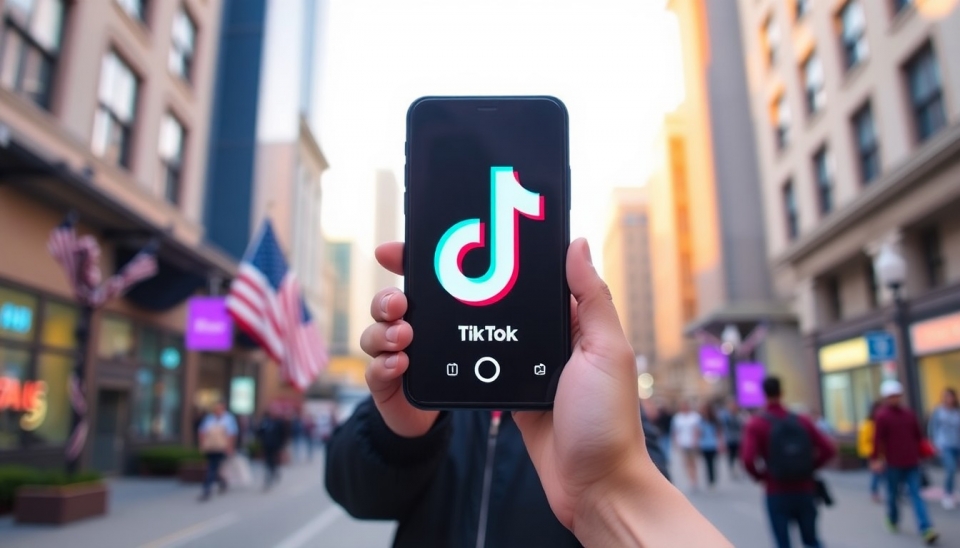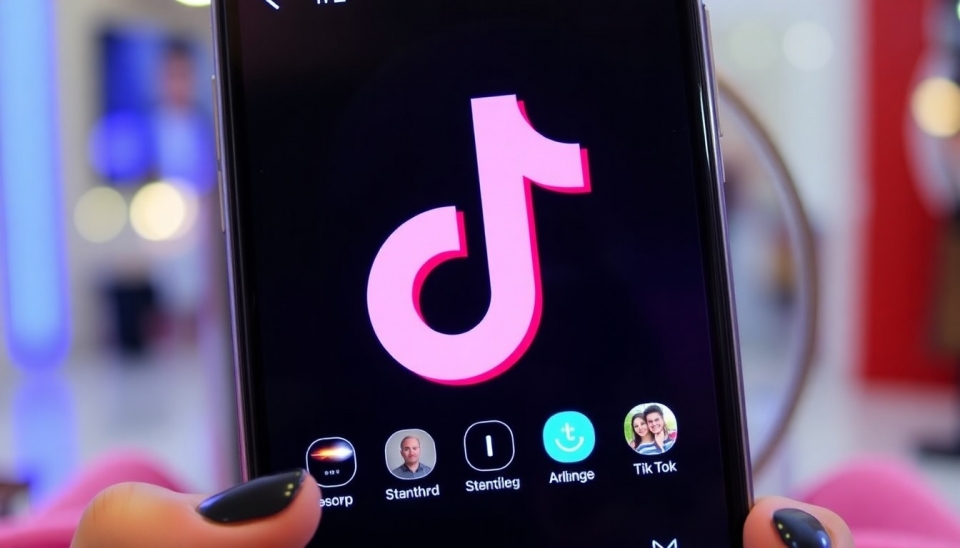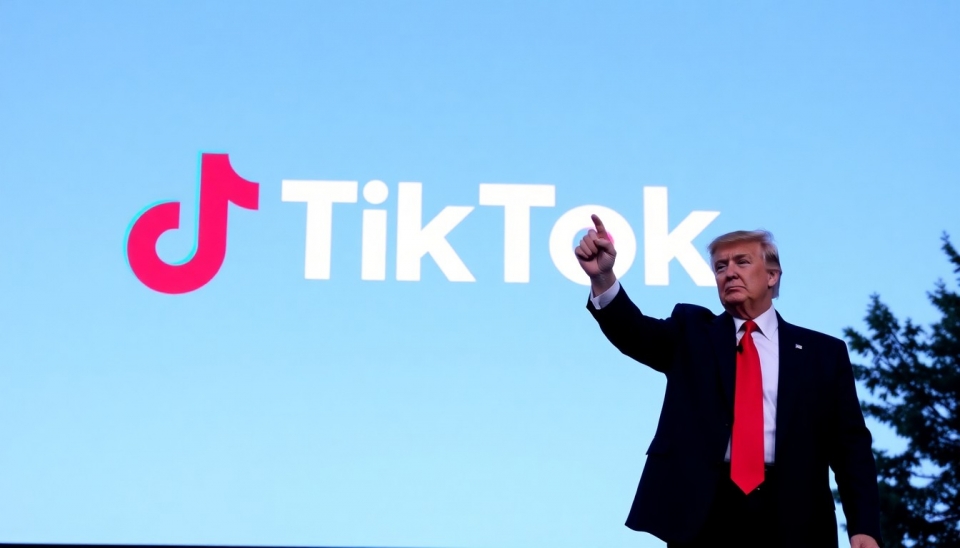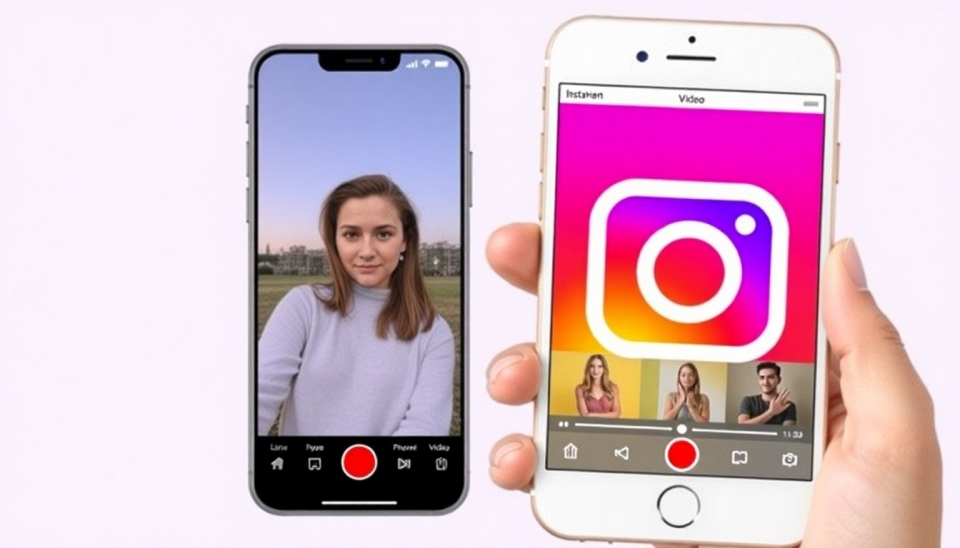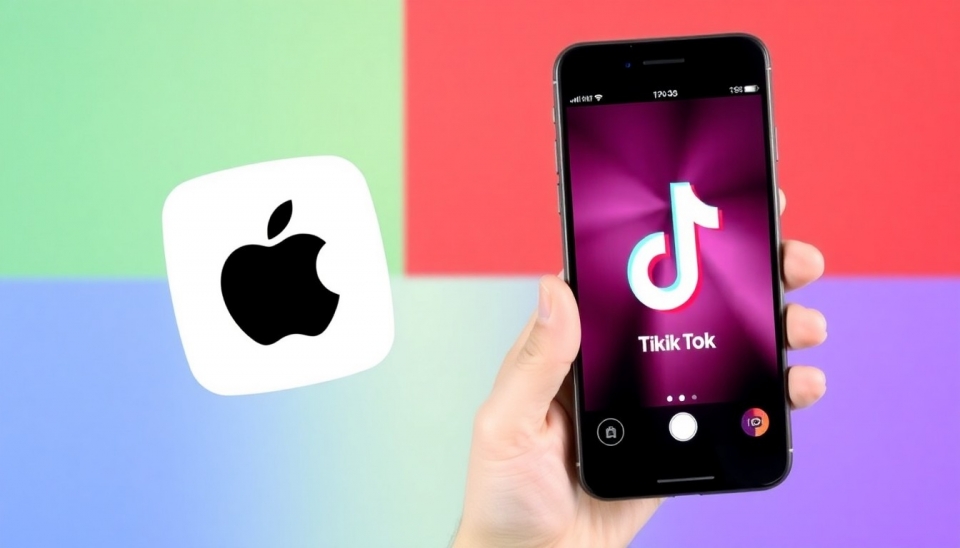
In a significant development for social media users in the United States, tech giants Apple and Google have officially removed TikTok from their respective app stores in response to a newly enacted national ban on the popular video-sharing platform. This decisive action came into effect on January 19, 2025, as the U.S. government intensifies its efforts to combat perceived security threats posed by foreign-owned technology companies.
The decision to delist TikTok highlights escalating concerns regarding data privacy and the potential for foreign interference through digital platforms. Many lawmakers have long argued that TikTok, owned by the Chinese company ByteDance, could be compelled to share user data with the Chinese government, making it a matter of national security. As a result, the ban reflects ongoing tensions between the U.S. and China, particularly in the tech sector.
The ban, which has been both welcomed and criticized, quickly raises questions about the future of content creation and consumption in the U.S. Many TikTok influencers and content creators are reeling from this decision, fearing a substantial loss of income and audience reach. With millions of users across the nation, TikTok has become an entertainment staple, and its sudden removal leaves a void that other platforms are unlikely to fill immediately.
In implementing the ban, Apple and Google have stated that they are complying with federal directives and are committed to maintaining app stores that uphold the privacy and security of their customers. Yet, the timing of the ban is noteworthy, as it coincides with a broader legislative effort to regulate foreign technology companies more strictly.
As the government wades through potential avenues for reinstating the app under stricter supervision, the conversation surrounding user data rights and platform accountability is expected to escalate. Legislators will likely examine how these rules will affect other international apps and platforms, paving the way for future regulations that could reshape the digital landscape.
For users still in need of a short-form mobile video outlet, alternatives like Instagram Reels, YouTube Shorts, and Snapchat's Spotlight have already begun to emerge as front-runners in capturing former TikTok users. However, many fans of the now-banned app argue that none of these alternatives perfectly replicate the unique experience and community that TikTok has fostered over the years.
As TikTok remains in limbo in the U.S. market, the national conversation about technology, privacy, and regulatory frameworks will undoubtedly continue to evolve. Stakeholders, including users, creators, and tech companies, will have to navigate this shifting landscape – all while awaiting clarity on TikTok’s potential return.
The removal of TikTok not only marks a pivotal moment in the app's journey but also serves as a stark reminder of the growing intersection between technology and politics in today’s globalized world.
#TikTokBan #Apple #Google #USAppStore #DataPrivacy #SocialMedia #ByteDance #TechRegulation #NationalSecurity
Author: Liam Carter
